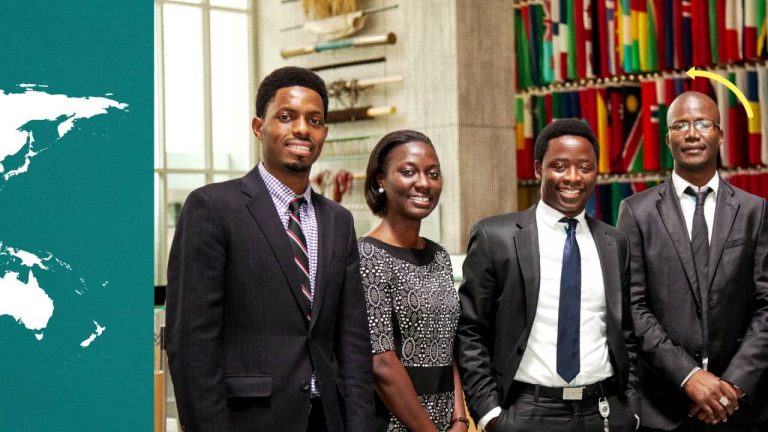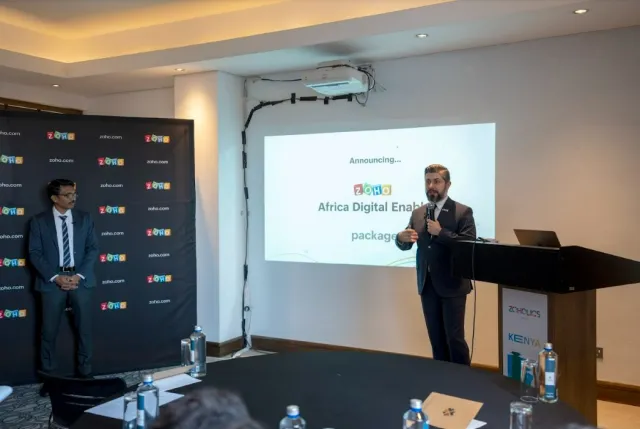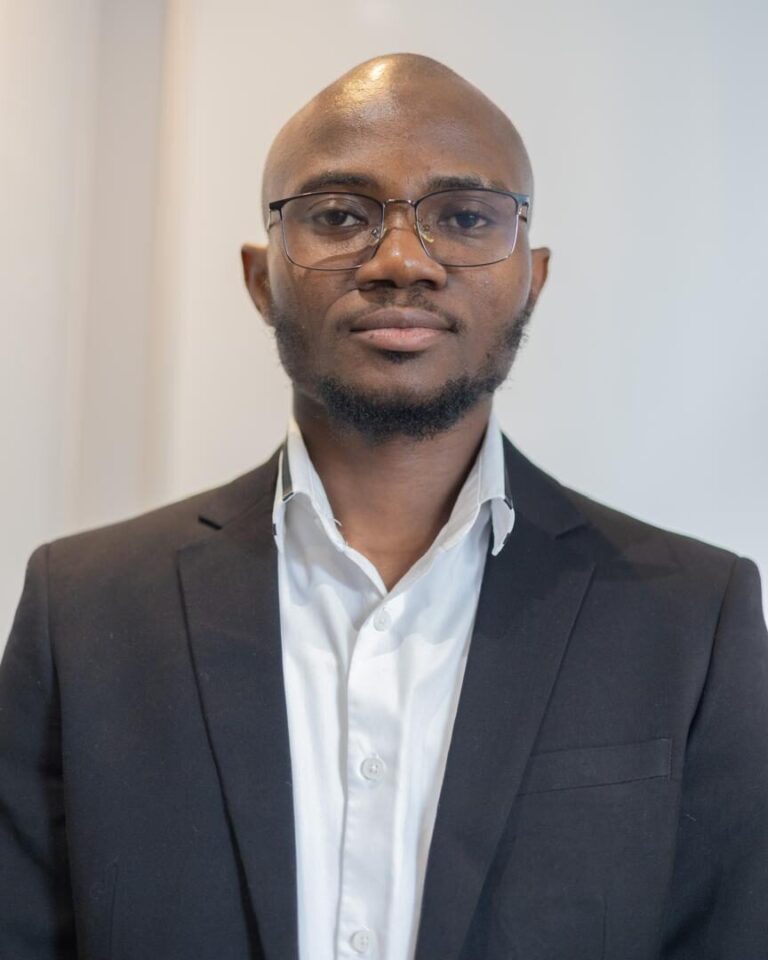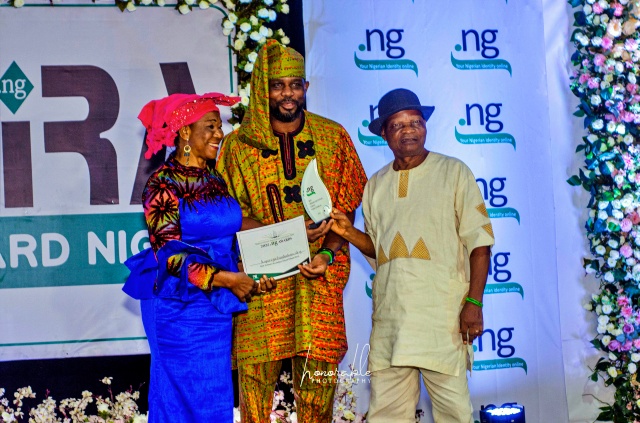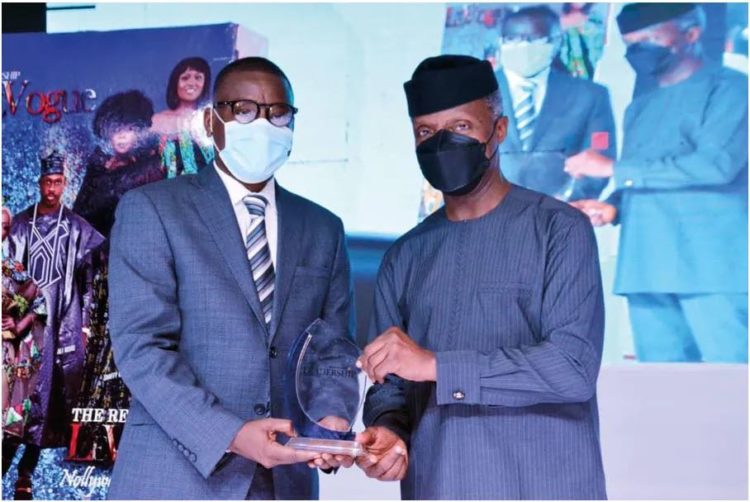12 key takeaways from Africa’s top investors

Every startup founder or CEO was once a novice when it came to navigating the murky waters of institutional investment. They may have even gotten burned because they didn’t know what questions to ask or what to look for.
As a result, we launched the Ask an Investor series to learn more about why and how investments in African companies are made by the people who make them happen.
Over the last year, I’ve interviewed over 20 investors who have shared their perspectives on what investors look for in founders and startups before investing, lessons learned and mistakes made, key trends, and other pertinent information.
I’ll highlight a few insights from the published interviews here, and I believe you should read the full versions of the interviews as well.
Founders Factory: A hands-on approach
If there is one thing I learned early on from my conversations with various investors, it is that not all investors are the same. Their investment approach is frequently influenced by their background and experiences. While most people associate investors with money, Founders Factory Africa (FFA) would like you to consider more.
In an interview with Sam Sturm, one of FFA’s founding partners, he explains why:
“We believe that capital isn’t the only way to support a company. You need it to execute, but capital isn’t what solves problems at the end of the day. We believe that product-market fit, customer acquisition, and customer retention are not problems that capital alone can solve. Those are the problems you want entrepreneurs to solve, problems you want the team to solve. You’d be successful if you could supplement them with experienced and talented people.”
In addition to providing capital, FFA is a venture building studio, which means that a portfolio startup can expect to receive support from private coaches, product managers, product designers, and so on.
Microtraction: A novel approach
Five years ago, Yele Bademosi noticed that it was difficult for people without a wealthy relative or network to raise funds, so he set out to make it easier for founders to raise funds.
But first, the Microtraction team needed to get rid of the status quo. This meant that there would be no batches, programs, or demo days. Microtraction is a type of investment that is made on the fly.
Another distinguishing feature of Microtraction’s approach is its preference for investing in startups led by technical founders/co-founders. Why?
“If we give you money and you use it to outsource development, you’ll most likely get it wrong.” Your product’s first version is almost always incorrect. So that’s what explains our preference for tech entrepreneurs.” Bademosi elaborated. “We’re also biased toward having a co-founder because, for the most part, we genuinely believe that starting a company on your own is extremely difficult.” However, there’s always an exception to every rule.”
Acumen: Patient capital
The initial concept for Acumen was to focus the best of philanthropy on solving problems for the poor. As a result, Acumen goes beyond simply making donations and grants to startups. It is a non-profit organization that invests in startups working on socially relevant issues.
“In our model, nothing goes back to the investors because the investors are donors in the first place,” Meghan Curran, Acumen’s West African Director, explained. Instead, that money returns to Acumen, where it is redeployed and reinvested. We may use it to make additional investments in our existing portfolio, or we may use it to make new investments and grow our portfolio.”
Acumen is able to invest at an early stage and wait a little longer than other traditional venture capital firms because they are not required to return donor funds.
Sawari Ventures: North Africa’s leading VC firm
The year 2021 was an exciting one for North Africa, as it received a lot of attention and funding. Prior to the boom, Sawari Ventures, which was founded over a decade ago, was investing in North African startups. Sawari Ventures’ founders also founded Flat6Labs, the MENA region’s largest accelerator.
Tamer Azer explained the difference between raising funds as a VC fund and as a startup during our conversation.
“VC funds are unique. They have a finite lifespan. They have a ten-year lifespan. The first third of your time will be spent investing, the second third growing, and the last third exiting your investments. You must return the funds to your investors. It’s really the only way for many of us to make a living from this business. It also takes time.
“We go out into the market and raise money, just like startups.” Startups receive funding in installments and must demonstrate their worth every 12 to 18 months.
“We must raise all of the funds at once.” So you come in with some experience, and then you go out into the market to try to raise capital. You’re not raising a million or two million dollars in rounds. You’re raising $50 to $100 million from a market and institutional investors who haven’t gotten used to the asset class yet. You’re approaching international investors, urging people in the United States and Europe to invest in Africa. It’s not just about writing cheques; we have to first get the money to be able to write these checks.”
It’s a very different dynamic, and we have to put in a lot of effort to be able to write these checks. We put in a lot of effort to decide who should receive this money.”
Unconventional Capital: Removing gut feelings and bias in startup investment
Within the first ten minutes of my conversation with Franziska Reh, CEO of Unconventional Capital, I realized why the term “unconventional” was appropriate.
Here’s how most early-stage investment takes place: An investor and an aspiring entrepreneur strike up a conversation. The investor decides whether to invest after conducting some background checks and discussing the business plan. But not before they check their gut instinct. Along the way, the investor keeps asking himself, “Does this feel right?”
The team at Uncap decided to flip this approach on its head by relying on algorithms to make these decisions.
“At Uncap, no one on our team makes investment decisions in our investment process,” Reh explained. The selection process is based on an algorithm that prioritizes the entrepreneur’s potential. It is a model that predicts future success by measuring entrepreneurial potential. Following that, we invest using a standardised model.”
Uncap is able to invest in thousands of entrepreneurs thanks to this model. Uncap, interestingly, exits portfolio companies gradually over time—an unusual exit strategy.
“These companies in which we invest repurchase their equity at a rate of 5% of their quarterly revenues.” They transfer 5% of their quarterly revenue to us. Through this act, they gradually buy back the entire investment, plus the price we previously paid. It’s a fixed return on investment; it’s essentially the same for everyone.”
Tomi Davies: Tales of an African angel Investor
The conversation with Tomi Davies, or TD as he’s affectionately known, began with him explaining how he was able to partner with some of the continent’s brightest minds to build the African angel investment space. He was a founding member of the Lagos Angel Network and the African Business Angel Network (ABAN).
While many people know TD for his work in the African Angel community, he is much more.
“I wear many hats: I’m the chief investment officer at Greentech, the President of ABAN, the co-founder of Lagos Angel Network, and a member of the Global Business Angel Network’s board of directors.” Davies stated, “I’m a founding member of the World Business Angel Forum.”
He also shared his proprietary startup investment framework.
“I’ve spent the last ten years interacting with entrepreneurs all over Africa and refining the POEM model.” So it boils down to vision, proposition, organization, economics, and milestones. If you take those, what you want to understand when you meet the founder about the vision is, ‘Is the founder capable?’ ‘What motivates them?’
“The second factor is the magnitude of the problem they’re attempting to solve. What’s the issue? How many people are upset about this? Because you’re considering monetary value.
“Finally, you inquire: Is the solution novel? Is the offer compelling and one-of-a-kind? Is the business model also long-term? Those are the characteristics I look for in a founder.”
Adam Molai: African industrialist
When I visited Ghana in July, one of the people I met was Ato Bentsi-Enchill. One thing that struck me was his transition from a liberal arts background to business and startup investing. How did he find out all of this?
“In the beginning, when people asked me to do valuation reports, I got initial guidance on YouTube, read as many books on the subject as I could, and spoke to people in my network.” Bentsi-Enchill elaborated. “It’s been more self-education, which I believe works best for me, though an MBA will be required in the future.”
As a startup advisor, he assists African startups in raising capital and protecting them from shady investors. During our conversation, he mentions a few times when he has aided others.
“Investors, for example, frequently offer startups convertible debt—a loan that can be repaid or converted to equity at a later date.” Now, I’ve seen some term sheets where the investors request that if the founder chooses to repay the investment, the investor receive some free equity in the company. The investor wants more equity in the company for a relatively high interest rate and no additional value? Make it logical.”
Adam Molai: African industrialist
Zimbabwe is better known for the Victoria Falls (the world’s largest waterfall) than its tech ecosystem, but Adam Molai is one of the few investors hoping to change that.
Molai began investing in other African companies through TRT Investments in 2000. He established the $2 million Jua Fund last year to provide African entrepreneurs with much-needed capital, mentoring, advice, and networks.
He has been investing in African startups for the past 20 years, and his Jua Fund has supported Kenya’s GrowAgric, Madagascar’s Jirogasy, Zimbabwe’s BRYT, Nigeria’s PowerStove, and many others.
In an interview with TechCabal’s Managing Editor Koromone Koroye, he shared one of the best practices startups should follow when seeking funding.
“What I’ve seen is that there is frequently a lack of belief that they will receive the funds, so they go in, try to obtain the funds, and then look for what is required of them to comply.” I believe they should consider it in its entirety. Startups should think like this: I’m going to get the fund, and because I’m going to get the fund, this is what I need to do to get the fund. When they don’t think like this, it can take months for some to get their hands on the funds. They require the funds, and the funds are available to them; however, they are unable to access the funds because they have not completed the due diligence process.”
Sunu Capital: A pan-African fund with a solo general partner
Benjamin Schmerler has lived and worked in nearly every country on the planet since he left the United States at the age of 18. Surprisingly, he came up with the name for his company, SUNU Capital, while in Senegal.
He heard the word sunu in a song, and when he discovered it meant “our,” it struck a chord with him. “I chose it as the name of my firm because it is a simple word and, more importantly, because I believe in collective effort; working together to build more wealth for everyone and leave this world a better place for our children,” Schmerler explained.
He’s recently been thinking about how to aggregate African markets.
“What I’m really interested in is how to break down national borders so that we can have a larger aggregated market that can be efficiently served.” If we can pull this off, I believe we will see exits on a scale unlike anything we have seen before.
“I talk to entrepreneurs all the time, and they show me a map of Africa’s total addressable market (TAM), which has 54 countries on it.” They allude to the possibility of expansion, and I’m left wondering, “How do we unlock Gabon?” What does it take to be a Cameroonian as well? There is so much untapped potential all over the continent that I am beyond excited by infrastructure that will transform the four or five markets where all the action is taking place into tens, if not twenties, countries over the next few years.”
Kepple Africa: Creating new industries
Satoshi Shinada reminded me a few minutes into our conversation that I needed to visit more African countries. He left Japan at the age of 18 to travel to 40 African countries in nearly two years.
The big vision for Kepple Africa Ventures is to create clusters of businesses that will become new industries in Africa.
Shinada shared some of his mistakes with us during our conversation.
“I’ve made a number of errors.” One example is investing in some startups that are attempting to solve too many problems at once. It appears to be beautiful because the startup is solving everything and involving various stakeholders in that sector. The startup, on the other hand, struggles with monetisation due to a lack of understanding about their customers’ main pain point.
“Another mistake I made was being overly concerned with how we can connect startups with Japanese companies.” Some of the startups we brought to Japan received a lot of attention from Japanese companies a while back, but because the startups were still in the early stages, the Japanese companies couldn’t invest. As a result, we decided to be the first investor in these startups. However, as you are aware, when your investment decision is influenced by emotion rather than purely commercial criteria, it distorts healthy decision-making.”
LoftyInc: Not playing by the rules of VC investing
Idris Bello and his partners, who were in their early 30s at the time, left their lucrative jobs and raided their savings to establish the LoftyInc Afropreneurs Fund in 2012. They’ve had some success over the years as a result of trials and errors. LoftyInc now manages three funds that have invested over $12 million in over 75 African startups such as Flutterwave, Andela, and Trella.
Bello, who believes in sharing the full picture of his investor journey, shared some notable deals that were missed or mistakes that were made along the way.
“Those are the aspects of investing that few people discuss. When we wanted to start our Fund 2, we decided to register in Mauritius because we had heard it was better. It turned out to be a bad decision due to the time-consuming registration and documentation process. KYC (identity verification) was overly complicated because they wanted to know ‘everything’ about everyone who invested, and it quickly became expensive and complicated. In retrospect, it was a bad decision. We ultimately decided to cut our losses and register in Delaware, US.
“The majority of our errors were the result of poor judgment.” Here’s another that I’m sure cost me a few million dollars. In 2013, I made a $20,000 investment in Fora, which later became Andela. Unfortunately, someone else came to me with another idea on the same day. So I told Iyin to bring the $20,000 check back. I divided it in half and gave each startup $10,000. Today, it is clear that I should not have reduced my initial investment.”
Capria ventures: Backing local funds and startups
Capria Ventures was founded five years ago by Jack Knellinger, Dave Richards, and Will Poole as an investment firm that began by investing in local funds (VC firms) throughout the global south—Africa, Latin America, and South Asia. Capria Ventures has recently begun investing directly in startups, providing much needed growth stage capital.
Capria Ventures now has investment activity in approximately 50 countries and $650 million in current assets under management.
During my conversation with Jack Knellinger, he enlightened me on how they support VC firms, which is a topic that is rarely discussed.
“Of course, the main thing on their minds is fundraising—helping them close their fundraising.” It includes everything from introductions to reviewing pitch materials in this case. We examine how the funds are positioned, as well as the terms and negotiations with limited partners, to ensure that the fund managers, general partners, and limited partners are all on the same page.
“As soon as the fundraising is completed, we will begin portfolio management.” How are they putting in place the right systems and processes to help the firm grow, scale, and institutionalize? There is a wide range of things to be done in this regard, from team development to conducting appropriate due diligence before investing. After the fund managers have built up their company portfolio, we will look at how they think about exits. When is the best time to leave? Do they want to investigate partial exits?
When a company has mastered these aspects and raised multiple funds. We look at how they’re telling the firm’s and your funds’ stories.”
That’s it for this year! Thank you to all of the investors who took the time to speak with me and teach others about investing in startups.
Which investors/companies would you like me to contact in 2022?


